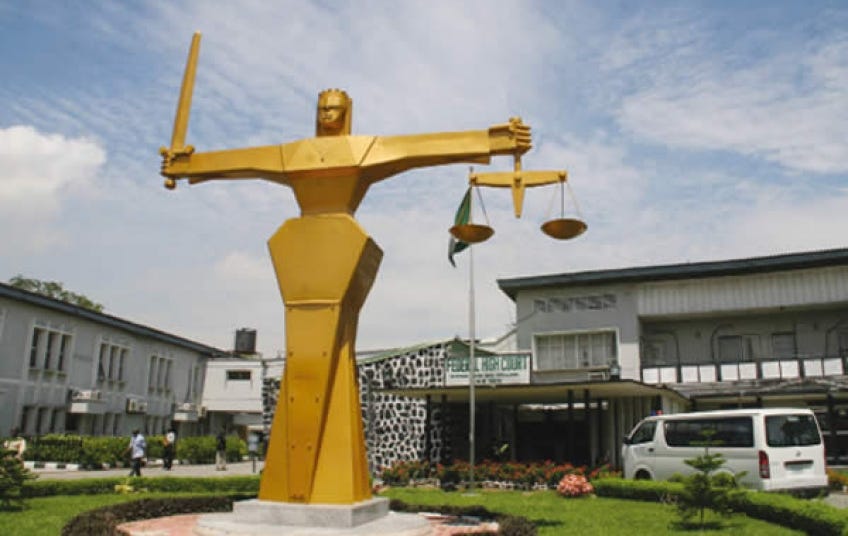Last week, after the presidential election results were announced, the Supreme Court gave a ruling on the naira redesign. This was after they had ordered the Central Bank not to end the use of old naira notes on the 10th of February.
The naira redesign policy was announced by the governor of the Central Bank of Nigeria in the last quarter of 2022. He stated the major reason for the redesign was due to the large amount of cash outside the banking system. But the aftermath of this policy has not been positively felt by the Nigerian people. In the article last week, we mentioned that regardless of how well thought of a policy is, if there are no structures in place or proper systems running, then the positive impact of that policy may not be felt. This can be said about the naira redesign policy. The systems to handle the smooth running of this policy in the banking sector experienced a near crash under the weight of traction by individuals who were trying to deposit old notes, get new notes either over the counter or at ATMs, engage in online transactions via financial institutions’ digital platform or even the basic USSD codes. There was also the issue of scarcity of new notes to top off the already existing problems. We would not attempt to talk of the naira-to-naira rates in the POS market. *criminal side eye*
At the time of the initial deadline, lawmakers had called on the president and also the governor of the Central Bank to consider shifting the dates as three months was not enough for the entire country to submit the old notes and for the new notes to fully be in circulation (some may say that these lawmakers had ulterior motives but they had a point as a similar currency redesign is ongoing in the United Kingdom with a period of almost 3 years to get it done).
So what?
It is important to note that according to the CBN Act, 2007, the Central Bank of Nigeria is an autonomous body. The word autonomous means freedom to control one’s affairs. This shows that the Central Bank of Nigeria according to the law has the freedom to handle its affairs. A court ruling on its policies may or may not be an infringement of the law. The only problem with this is that the Supreme Court is terming this policy a federal government policy which they have the power to overrule. Yes, the president agreed with the Central Bank on it, but does that classify the naira redesign as a federal government policy?
Also, the overruling of this policy plays a tricky role in the future of the central bank. Would this mean that if future policies are made by the Central Bank, the Supreme Court can overrule them? From a societal perspective, there may be reasons to support this but what impact does this have on future policies. How autonomous does the Central Bank stand in its affairs and how supreme is the Supreme Court?
What else?
The presidential elect, Bola Ahmed Tinbu stated in his manifesto that once in office, he would remove the subsidy the government places on fuel and channel the funds to the transportation sector. While we understand that the chunk of funds the government spends on fuel subsidies may be uneconomical, would we consider this the perfect time to remove the fuel subsidy given the rate of inflation, the class of people to bear the brunt of the removal and also the domino effect increased fuel prices have on food prices in the economy?
We at Analyst’s Digest would like to hear your opinion on this anticipated policy in the comment section.





A captivating write up. As someone with a really low attention span, I was surprised to be very much immersed till the end.
This write up for me is an eye opener. Little did I know I would learn so much from reading this. Great work!